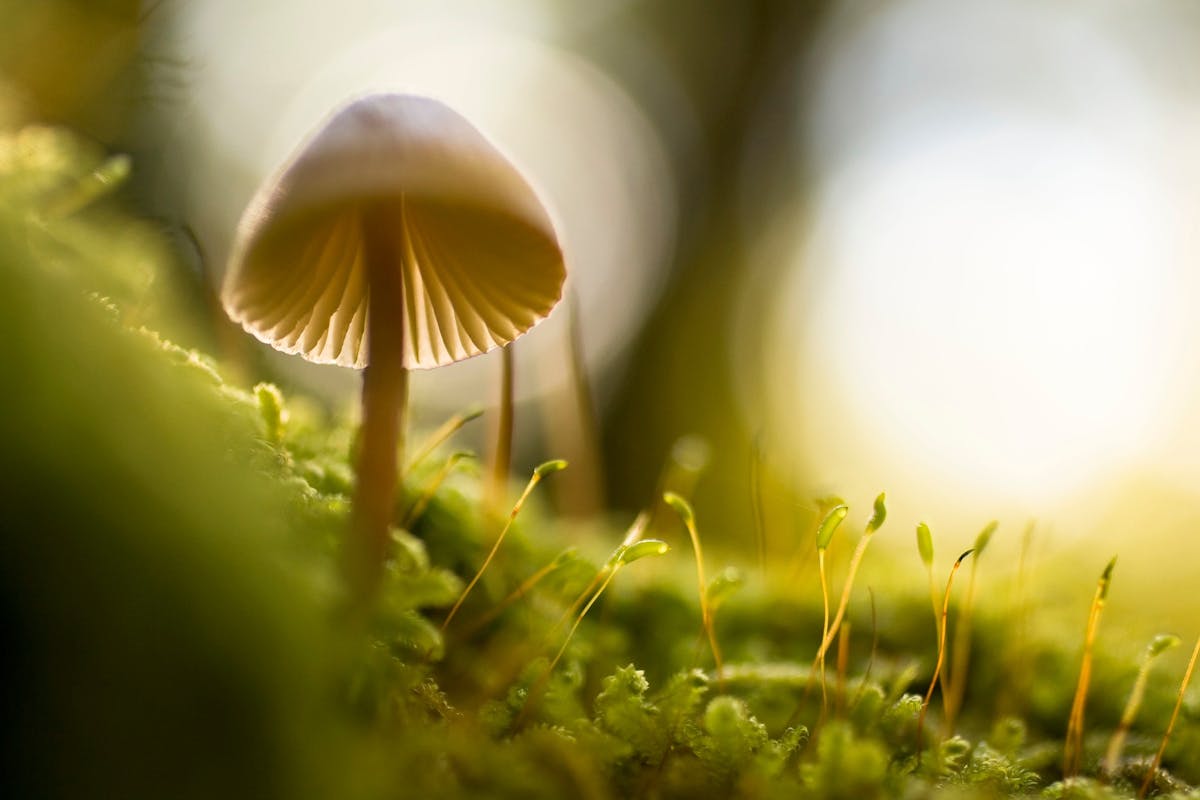
Children's invitations that give friends & family the option to contribute to your child's savings, experiences and charities.
Learn moreJanuary 21, 2020

Not mush-room for jokes here…
We’re being serious, leading scientist from Kew Gardens have recently reported on their research on the State of the World’s Fungi. Composed by over 100 scientists, the first report of its time reveals that plastic-eating fungus could help to tackle the world’s growing plastic waste problem.
Plastic guzzlers
The research suggests that if the natural properties of fungus can be harnessed, plastic could be broken down far faster than it would naturally. In fact, organisms within fungi could potentially, not only decompose plastic, but also speed up the production of biofuels and clean up soils contaminated by radioactive waste.
The science bit
When the fungi ‘eat’ plastic they secrete enzymes and then absorb dissolved organic matter back into their cells. The Aspergillus Tubingensis fungi was found to break down bonds between plastic molecules and split them using its mycelia. This means the progress of disintegration of plastic can take a matter of weeks, rather than decades.
Recycling revolution
The hope is that fungi could be used as a tool to revolutionise how we recycle plastics. With around 2,000 new species of fungi discovered worldwide each year, the report highlights the importance of understanding it’s future value in talking our plastic predicament. Now, we’ve avoided the temptation to tell you what fun-guys we are here at Little Futures so we’ve left space for just one gag: what mushroom makes music…a decomposer (sorry).

Children's invitations that give friends & family the option to contribute to your child's savings, experiences and charities.
Learn more